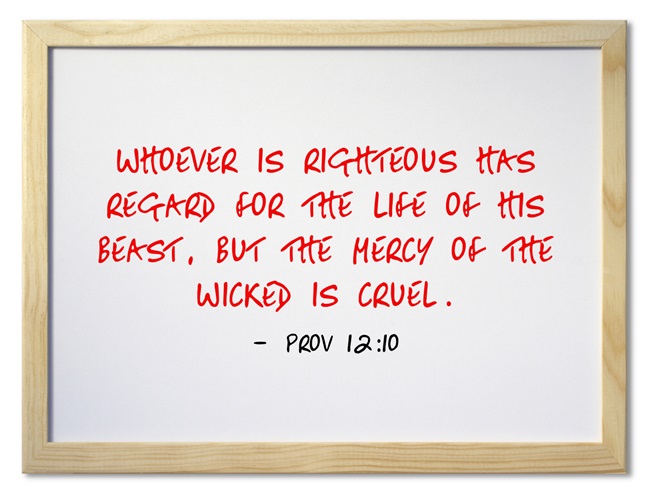The morality of self-defense and its compatibility with religious texts like the Bible is a complex and nuanced topic that has been debated for centuries. Different interpretations and perspectives exist, and it’s important to approach the issue with sensitivity and respect for diverse viewpoints.

Here’s a general overview of some key points to consider:

Arguments for Allowing Self-Defense:

- Right to life: Many interpretations emphasize the inherent value of human life and believe individuals have a right to defend themselves against threats. Passages like Exodus 22:2 (“If a thief is caught breaking in and is struck so that he dies, the defender is not guilty of bloodshed.”) are cited in support of this view.
- Just war theory: This framework, applied to individual self-defense, argues that violence can be justified under certain conditions, such as when proportional force is used to repel an unjust aggressor.
- Protection of innocent life: Self-defense can be seen as a moral imperative when necessary to protect oneself or others from harm.
Arguments Against Allowing Self-Defense:
- Sanctity of life: Some interpretations place absolute value on all human life and believe taking any life, even in self-defense, is morally wrong. Passages like “Thou shalt not kill” (Exodus 20:13) are cited in support of this view.
- Turning the other cheek: Certain teachings emphasize non-violent resistance and turning the other cheek even in the face of aggression. This approach is based on principles like forgiveness and avoiding escalation of violence.
- Risk of escalation and unintended consequences: Some argue that resorting to violence, even in self-defense, can lead to unintended consequences and further harm.
Ultimately, the question of whether the Bible allows killing in self-defense is a matter of individual interpretation and depends on weighing various theological and ethical considerations. It’s important to engage with the topic thoughtfully, with due respect for different perspectives and the complexity of the issue.
Here are some additional points to remember:
- Religious texts often offer broad principles and guidance, and their application to specific situations can require careful interpretation and discernment.
- Consulting with religious leaders or scholars representing different viewpoints can provide valuable insights and perspectives.
- In situations where self-defense may be necessary, it’s crucial to prioritize de-escalation and the use of non-violent means whenever possible.
Remember, the primary value lies in protecting life and ensuring safety, and approaching the issue with thoughtful consideration and respect for human dignity is paramount.






